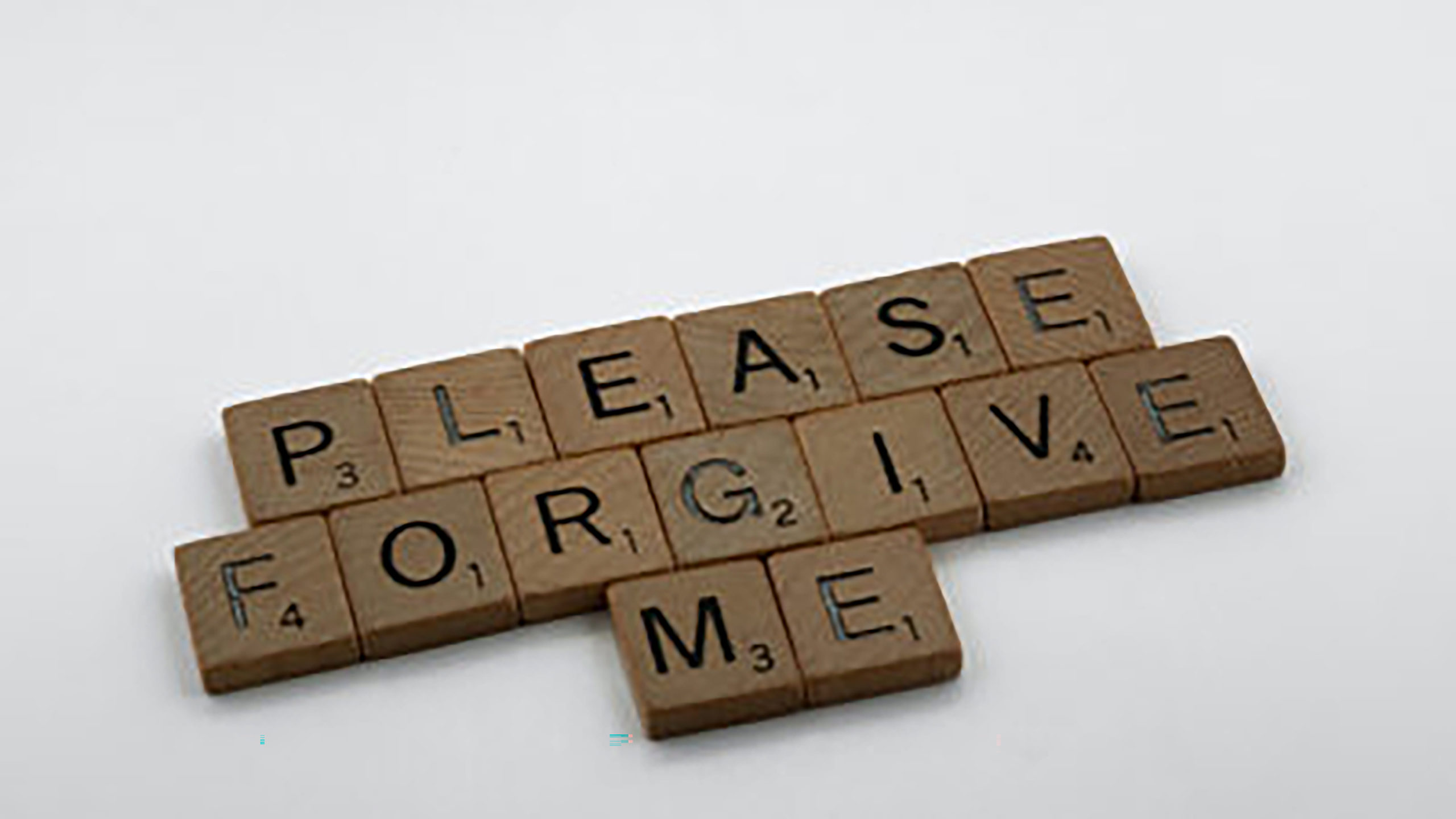So many things we wish we would have said or done — and now it’s too late. If only we could have one more conversation, then we would definitely share so much more than we did when we had the opportunity.
It’s something most everyone has experienced at some level, but that fact doesn’t make the gnawing pain of regret any easier.
For many, it doesn’t prevent them from living a productive and fulfilled life. They understand what it is and find a way to compartmentalize it, even though the sadness associated with it surfaces from time to time.
For others, it paralyzes them a bit and they can’t move past the rawness without something to dull the pain, which often leads to unhealthy behaviors.
And in some cases, an added notion of self-punishment lingers for years if something they did or didn’t do caused harm or disappointment to another in some way.
Forgiving ourselves is one of the hardest steps in healing — and actually hurts more people in the process the longer we take to release the situation to God.
Jesus paid the ultimate price for each of us in order to provide complete forgiveness and offer a clear path to heaven when we die.
Accepting His grace-filled gift of taking all the punishment on Himself doesn’t mean we avoid the consequences for our actions nor moments of sadness or “wish we would have.”
However, it does mean we don’t have to carry the weight of the burden because Jesus will carry it for us. It means we can be whole despite ourselves.
My heart always breaks when I encounter someone tormented by past actions or inactions and unwilling to give Jesus a chance.
“I’ve done too much and been too bad a person to be forgiven,” one man shared with me.
“Regret is the worst part,” another shared. “Forgive myself? That will never happen. It’s just what I have to live with.”
Both conversations hung heavy in the air. Neither one wanted to hear what Jesus had to offer and both had conceded to walking through each day with tortured spirits, in sort of a self-imposed life behind bars.
These two men were from different areas with extremely different experiences, and yet they described a similar pain.
The hurt ran deep and I’ve often wondered if some of their bitterness, anger and recklessness stemmed from the unwillingness to ask for and accept forgiveness.
My prayer is that they will find the Jesus who gives rest to the weary and heavy laden (Matt. 11:28–30), allow the situation to humble them and be better because of it.
Philippians 3:13–14 helps us understand one step in moving forward:
“… But one thing I do: forgetting what lies behind and straining forward to what lies ahead, I press on toward the goal for the prize of the upward call of God in Christ Jesus.”
A few quotables from Scripture and Christian leaders on the concept of forgiveness…
If we confess our sins, He is faithful and just and will forgive us our sins and purify us from all unrighteousness.
—1 John 1:9
Whoever conceals their sins does not prosper, but the one who confesses and renounces them finds mercy.
—Proverbs 28:13
Therefore confess your sins to each other and pray for each other so that you may be healed. The prayer of a righteous person is powerful and effective.
—James 5:16
Do not judge, and you will not be judged. Do not condemn, and you will not be condemned. Forgive, and you will be forgiven.
—Luke 6:37
Get rid of all bitterness, rage and anger, brawling and slander, along with every form of malice. Be kind and compassionate to one another, forgiving each other, just as in Christ God forgave you.
—Ephesians 4:31–32
Forgiveness is not an occasional act; it is a constant attitude.
—Martin Luther King Jr.
To forgive is to set a prisoner free and discover that the prisoner was you.
—Lewis B. Smedes








